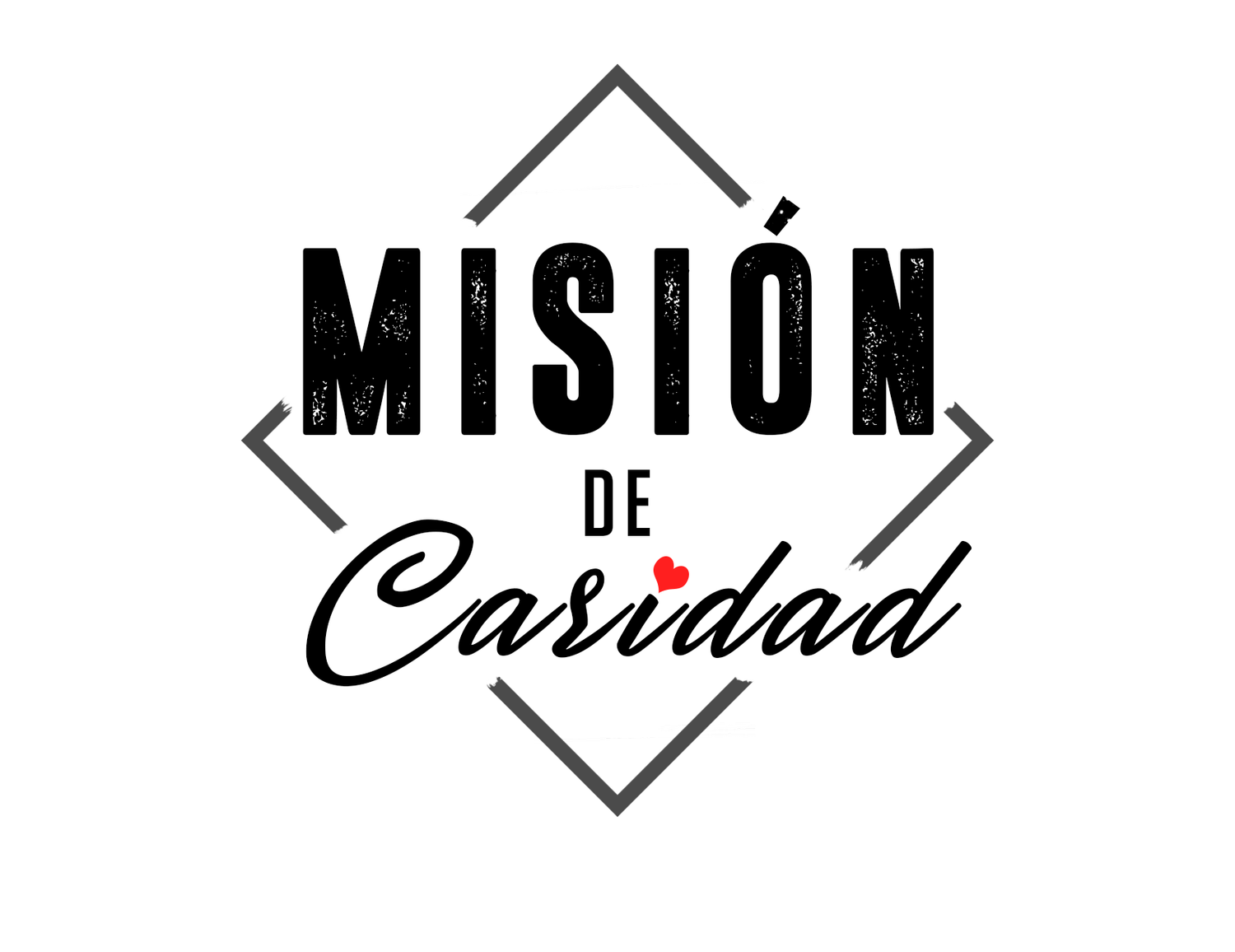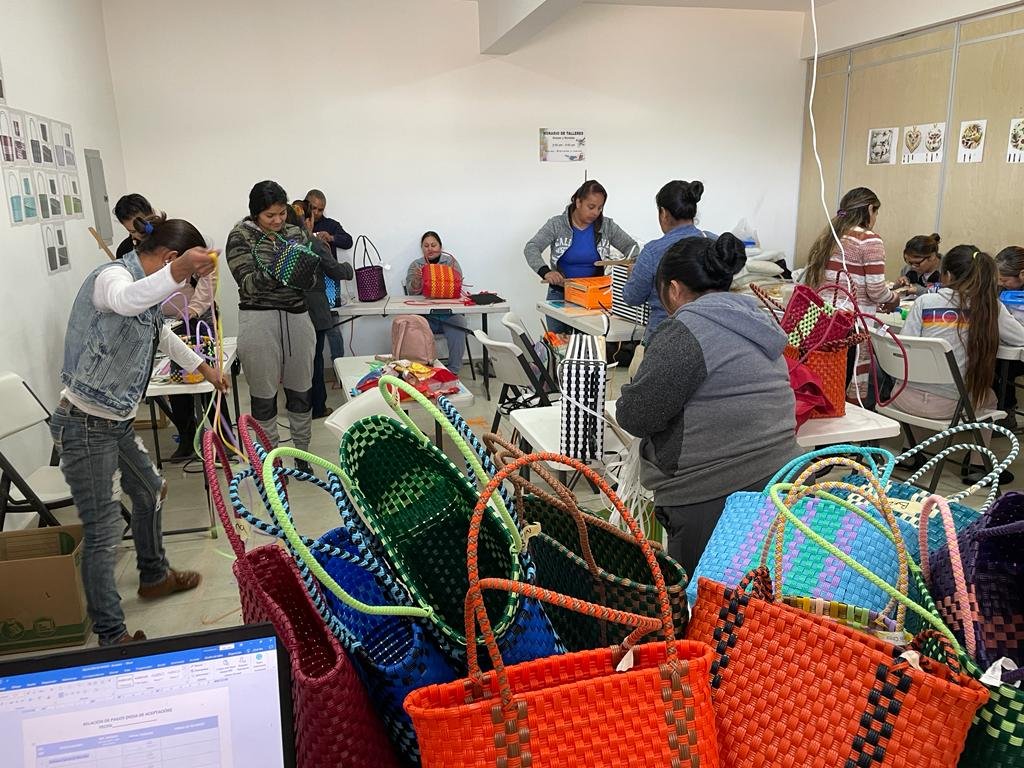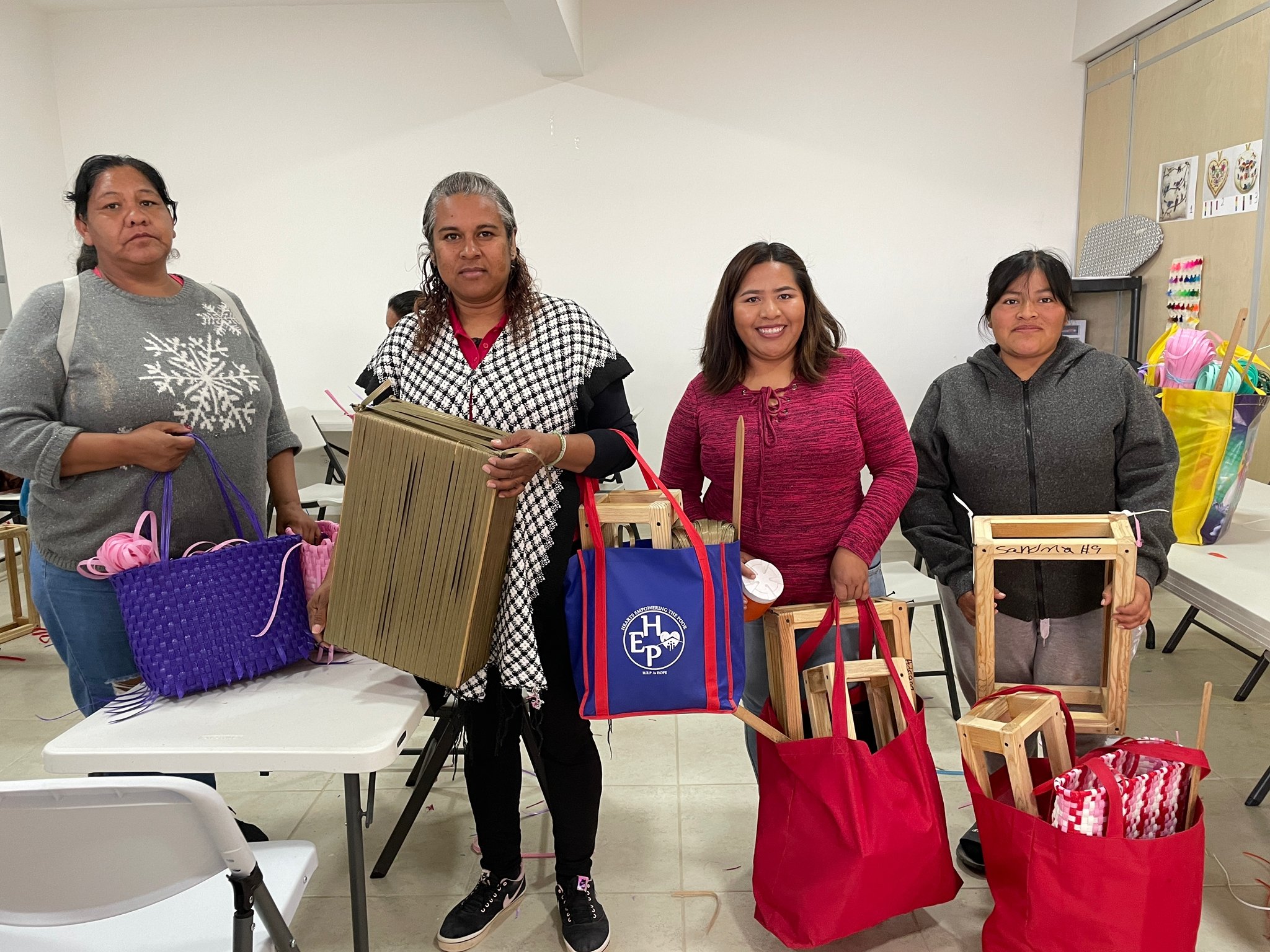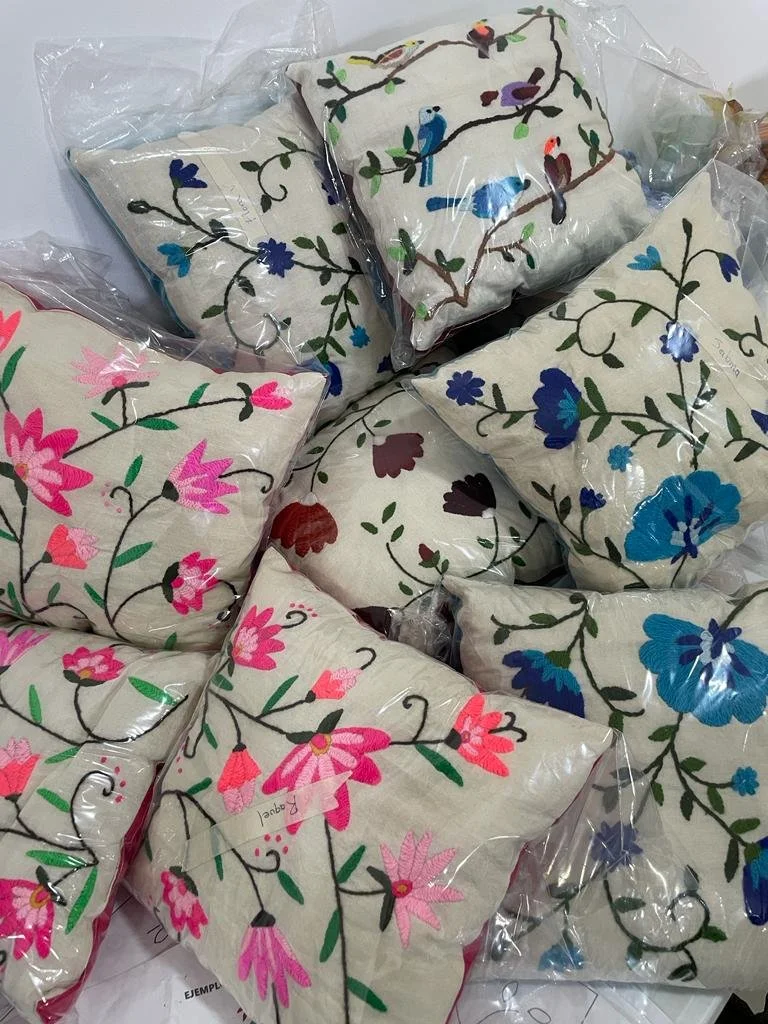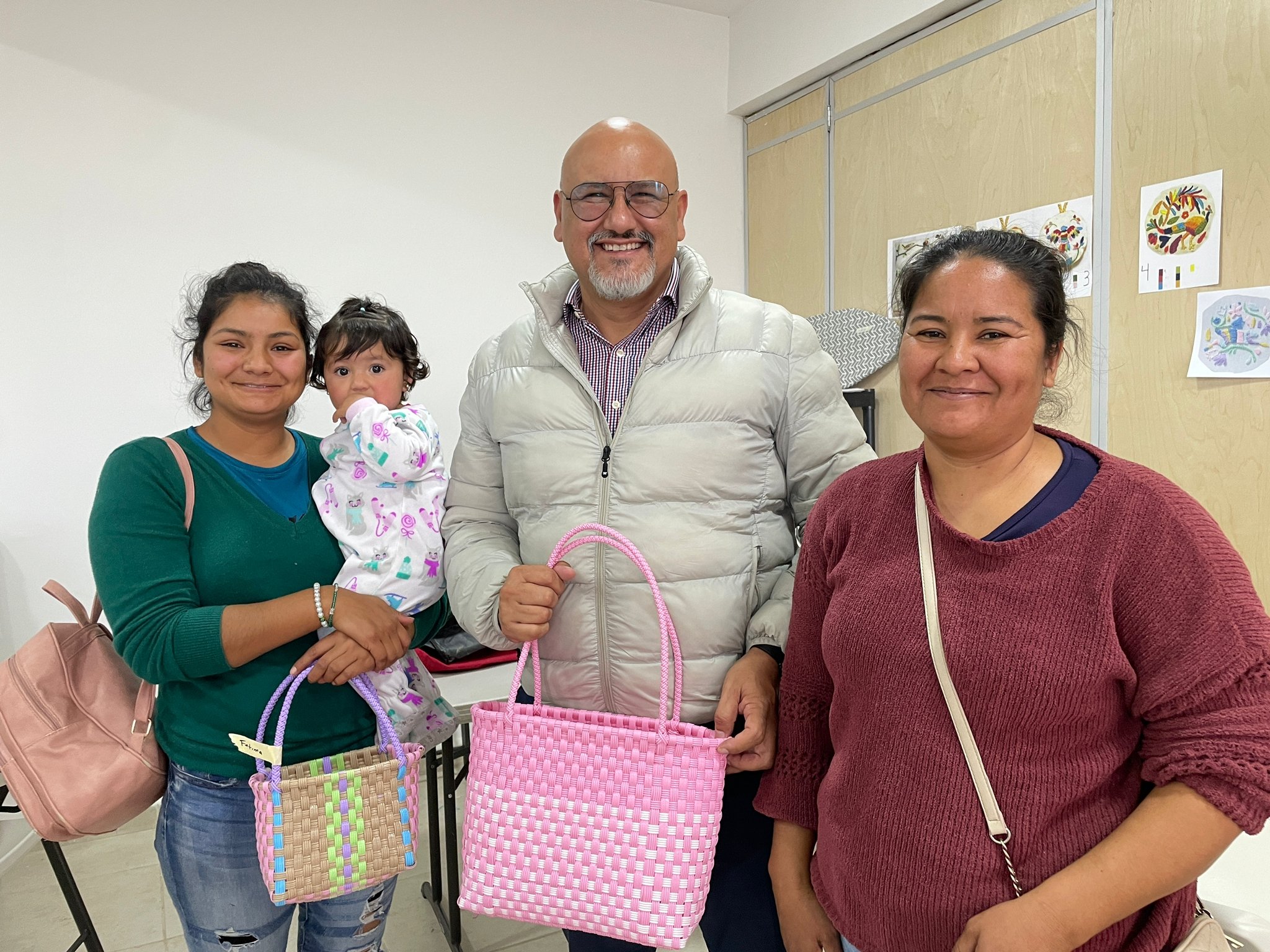What is the Women’s Work Program? Q & A with Angelica Garcia
Angelica joined Mision de Caridad as the Director of the Women’s Work Program in September 2022. She works hard to keep things running smooth.
What is your role or position in the program?
My role is to facilitate the entire Women’s Work Program and I oversee the communication between the U.S. team and the women's team here in Mexico. I am responsible for making sure we have the necessary materials, manage the women workers and their production, quality control of our products, shipping the orders, while also making sure the needs of the women are met. In other words, a little bit of everything.
In your own words, What is the work program?
It is a program dedicated to the development and growth of women in the forgotten areas of this city. We seek not only to provide temporary economic help to women, but also to give them the tools to fend for themselves in the future. People here are, according to my perception, initially suspicious, but very hardworking, and after living with them for months, most share a common dream: A proper home and a better quality of life for their children.
If we help in different areas of their lives, such as feeding, educating, and caring for their children, the women can focus on educating themselves and developing skills that allow them to become self-employed and support and maintain their home and families.
Women come to Casa Esperanza for several hours a day and are taught how to properly make the products that we are selling as well as work together as a team. MdC staff care and educate their children while they learn. Every day, a healthy meal is served to the women and children who are in our program. When the women produce an order that passes quality control, they are paid for for each item. Once women are proficient, they are allowed to take home the material and work from home.
Some of our artisans working at Casa Esperanza.
What is your favorite part of being a part of this program?
I like it because it's a learning experience for everyone involved. Personally, seeing the women in our program working each day, listening to their experiences while making their bags, and seeing their attitude toward daily difficulties that they face has been very eye-opening for me. I realize that where I am is nothing more than luck and how blessed I am. I realize that, for some, it takes a lot more effort to advance in this life in a dignified and safe way.
We have daycare so the moms can work!
Who are the artisans?
The majority of the women in our program are from outside the city. They live in situations below the basic needs that a person requires for their proper development, such as access to electricity in their home and even water. Our amazing team of artisans has a variety of backgrounds, from older women who never had access to education, so they cannot read and/or write, to women who have had to take on roles in extremely physically demanding jobs in order to stay afloat financially, to women who have been victims of vandalism and have had to start their lives over from scratch.
Each and every one of them are women with the desire to get ahead and improve their situation through work, they just need help.
Just a few of the ladies behind our beautiful bags- our artisans!
How do the artisans feel about being a part of this program?
On more than one occasion, the women have expressed being grateful and happy to be part of this group. For many of them, it represents an unprecedented job opportunity. It is obvious when listening to them that they are happy, because they are always joking and in a good mood.
How are the women paid?
The women are paid daily based on the items they are producing. We have a set amount per product they are making.
Maria Adriana, Gabriella, Isabel, and Esmeralda with their bag making supplies.
How long does it take a woman to make one bag?
For the bags, on average, I would say about two and a half hours to complete a bag. For embroidery, it depends on the item they are making; but, it can take between 2-6 hours. Although there are, as with everything, women who have developed their skill well and can embroider or make bags super-fast so they complete their projects in less time.
Where is the women’s work program?
In the border city of San Luis Rio Colorado, Sonora, Mexico. Specifically, in the southern peripheries of the city. In this desert area, most of the houses are a set of boards nailed together randomly to make walls and a roof. This is where these women, along with their families, spend most of their time. The women come to our facility, Casa Esperanza, to make the bags but once they reach a certain level, they are allowed to take the materials home and work from home.
Co-founder, Francisco, with Fatima and Belen, mother and daughter.
What are the bags made from?
The bags are made of a material called "Toquilla" which is specifically 4 threads, which is made from recycled plastics mixed with various shades. The material is sourced from Southern Mexico and is sold in bundles. Each bundle can make around 1.5 solid colored bags.
Sandra taking material home to make bags. She has her bag binder, two frame sizes, and material.
Where does the proceeds from the sales go?
All the proceeds are put directly back into the program with the hope that it will be self-sustainable. The proceeds cover the material, program operations, the payment to the artisans, daily meals, childcare, and educational programs that are offered.
